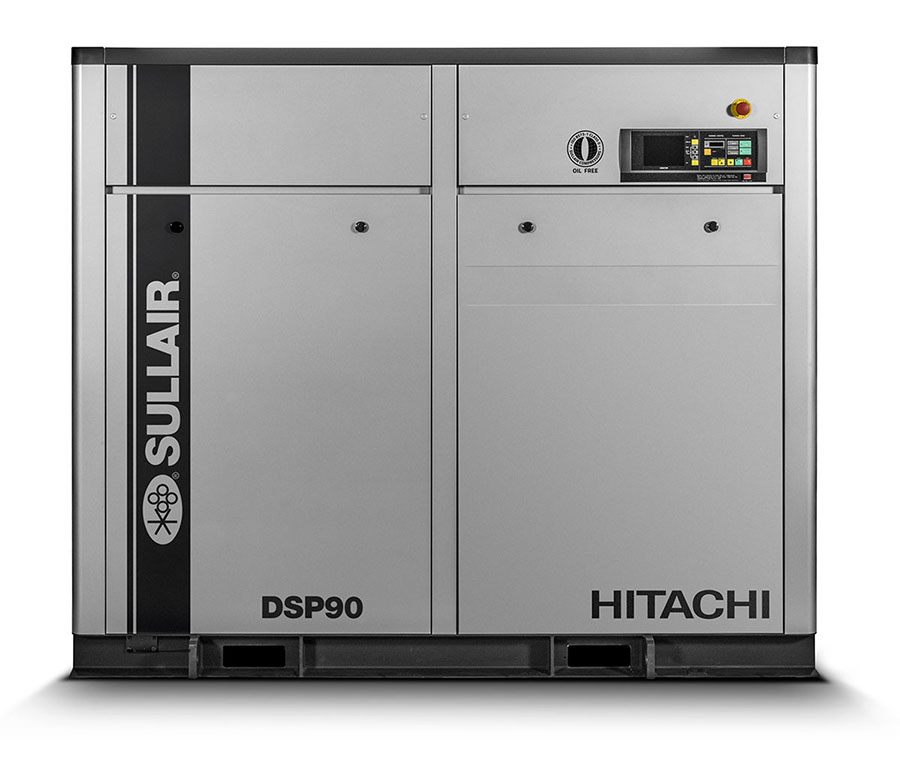
COVID-19 has shaken and stirred industries across Europe, including one of its largest: the €55 billion restaurant and bar industry. The industry nearly came to a complete halt in the grip of COVID-19 – except for those who found ways to quickly adapt and transform their businesses to stay afloat.
In France, some bar owners boosted their cashflow by letting customers buy beer vouchers now, during lockdown, to redeem later when restrictions lift. Many Brussels-based breweries started delivering their booze directly to customers’ homes. Others in the UK switched from being pubs to hubs, as they provided a vital service to communities during confinement, including warm meals delivered to the vulnerable. The creativity and perseverance shown by businesses has been inspiring during these trying times.
Now, drinkers around Europe are slowly finding themselves back in their favourite neighbourhood bars. One of the first countries to reopen bars and restaurants was the Netherlands closely followed by France, Belgium and Ireland and then Britain in July. The breweries and distilleries are quickly ramping up their production of beverages to meet the demands of punters returning to their favourite local watering hole.
While drinkers enjoy their beverages of choices, few likely realise the work required behind-the-scenes to get beer ready for consumption.

Every brewery or distillery needs some form of dry, oil free compressed air system throughout the entire process – from pushing fluids through piping and tanks, to keg washing and purging after sterilisation. When air purity is critical, oil free air is essential. Oil particulates in compressed air can contaminate downstream processes and production. Not only do oil particulates make for bad brewskis but they’re also bad for business.
The Sullair DSP and SRL oil free compressor lines are carefully designed to a customer’s exact requirements. With options ranging from 1.5-240 kW, the products offer customers the peace of mind required to operate in these sensitive markets.
While many bars and restaurants are getting back to business, some chose to go a different route altogether and shift 100% of their production to glass and aluminium packaging. Others even started making hand sanitiser, using their reliable Sullair compressors to save their businesses and help fight the pandemic.
It is surprisingly simple to transition from making craft gins to hand sanitiser. The basic process remains the same; purifying water followed by boiling it in large copper stills. Then, instead of adding botanicals to make gin, add a blend of ethanol, glycerol, hydrogen peroxide and essential oils. Key ingredients for gin turn out to be useful for hand sanitiser, too.
Distilleries already had supplies of alcohol so they were able to denature it. Denaturing is a process of rendering the alcohol unfit for human consumption – a legal requirement. At the peak of the COVID-19 pandemic, BrewDog, Leith Gin, Verdant Spirits and Pernod Ricard, to name a few, began producing hand sanitiser, which had become scarce in many countries due to a massive spike in demand. What began as an experience for some is now, post-lockdown, an important piece of their business.
Throughout the pandemic, businesses across Europe – particularly bars and restaurants – had to get creative to save their businesses. Whether breweries or distilleries kept their alcohol offerings in the form of ingestible, tasty adult beverages or in the form of impossible-to-find hand sanitiser, many relied on their trusty Sullair compressors to save their businesses and help fight the pandemic.
We can all drink to that.
Use the checkboxes to select the types of cookies you want to accept, then press the “Save Settings” button. View our Privacy Policy.